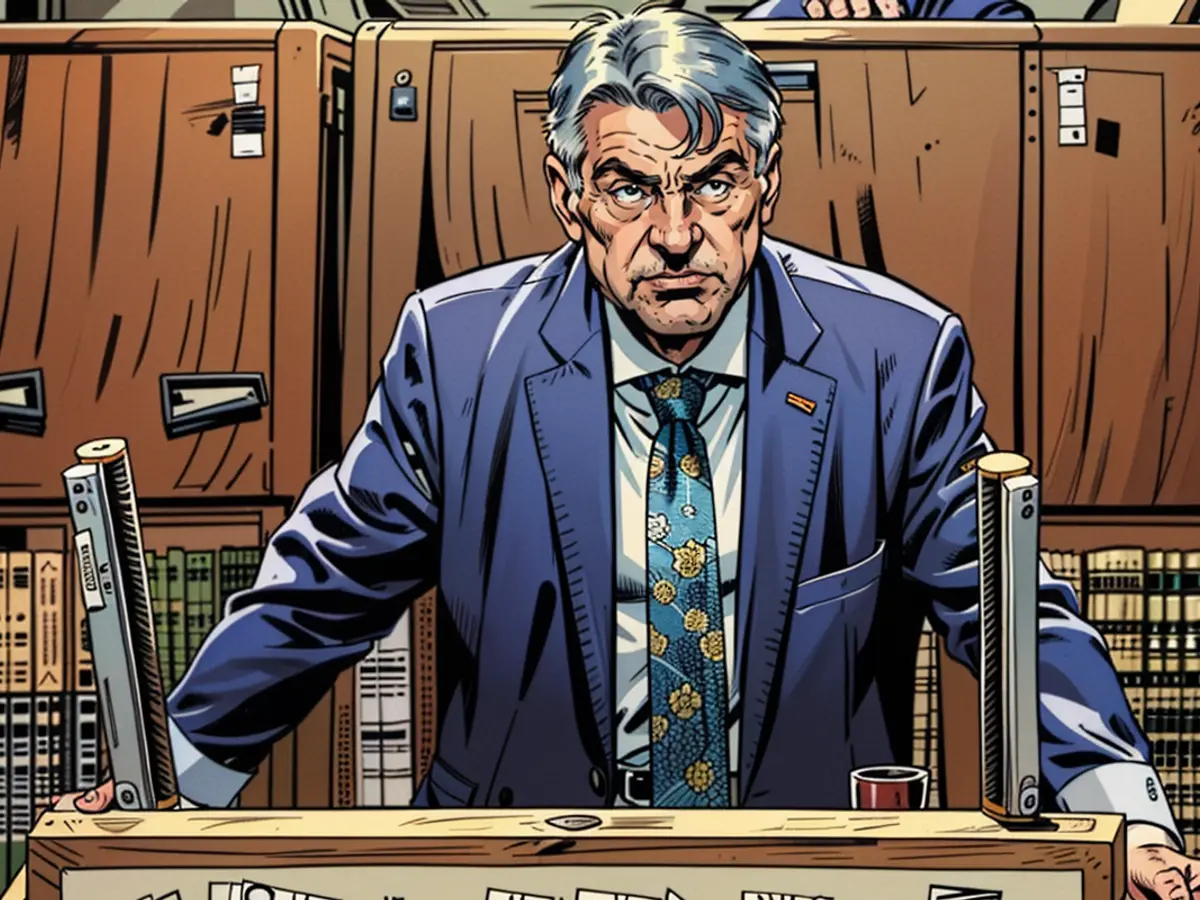Organized crime - Cannabis: Reul warns against conditions like those in the Netherlands
Nordrhein-Westfalen's Interior Minister Herbert Reul (CDU) warned in relation to the release of Cannabis about emerging criminal structures. "The Netherlands is indeed the pioneer country in terms of trivialization and legalization of drugs. And there is hardly a country in our European environment where such mafia structures have emerged in the field of drug trafficking as in the Netherlands, and where it also gets so violent," said Reul on WDR5-"Morgenecho".
Drug Trade as a Big Business
Reul emphasized that the act of smoking marijuana itself is not bad, but the connection to the drug world. Organized crime takes every opportunity to make business, said the CDU politician. It's a business sector - a big business - and "nothing is held back". In the opinion of the NRW Interior Minister, the topic has gotten out of control in the Netherlands.
The Cologne Police reported on Tuesday about a kidnapping with a new dimension of violence. Background was organized crime in the drug scene, extortion attempts were in the air. In this context, several explosions at the end of June and beginning of July were also observed in Cologne and Engelskirchen, among other places. Extreme brutality and targeted explosions are considered the hallmark of the Dutch "Mocro-Mafia".
Liberalization of Dutch Drug Policy in the 70s
The liberalization of Dutch drug legislation took place in 1976 with a new version of the Opium Law under the then social democratic Minister-President Joop den Uyl. For the first time, drugs were divided into hard and soft categories. Drugs of both categories remained officially prohibited, but the possession of up to five grams of "soft" drugs like Cannabis for personal use was no longer pursued. Sold was the hashish in "Coffeeshops", so called because no advertising for drug consumption was allowed.
From Cannabis to Cocaine
For the daily sale, the owners of the Coffeeshops had to cover larger quantities of drugs. The necessary large deliveries were, in essence, not covered by the liberal drug legislation. In this legal gray area, drug dealers began to operate, who from the turn of the millennium often also entered the cocaine business. So, the Netherlands became one of the most important distribution countries for drugs.
In 2021 alone, five billion Euros worth of cocaine was seized in the Rotterdam harbor. The undetected smuggled goods are estimated to be worth several times that. "Next to Mrs. Anne and Tulips, drugs are a typical Dutch export article," observes Prof. Pieter Tops, an expert on organized crime and author of books like "The Netherlands and Synthetic Drugs: An Inconvenient Truth". With the growing economic significance of the drug trade, increasing brutality, for example, in turf wars among rival groups, became more common.
- Herbert Reul, the Interior Minister of North Rhine-Westphalia from the CDU party, expressed concerns about the potential criminal structures arising from the release of Cannabis, citing the Netherlands as a case study due to its history of drug liberalization.
- Reul highlighted how the Dutch drug scene has seen the emergence of violent organized crime, which utilizes the drug trade as a lucrative business opportunity, with no limitations.
- In support of his arguments, Reul referenced a recent incident in Cologne, where a kidnapping with extreme violence was linked to organized crime in the drug scene.
- The liberalization of Dutch drug policy began in the 70s, with the Opium Law, introducing distinctions between hard and soft drugs, yet allowing personal use of up to five grams of Cannabis without prosecution.
- Despite the liberalization, drug dealers began operating in the gray area of the law, leading to the growth of the cocaine trade in the Netherlands, making it a significant distribution hub for drugs globally.
- As the economic significance of the drug trade has grown, so has the associated violence, with turf wars among rival groups becoming increasingly common in cities like Düsseldorf and Cologne.








